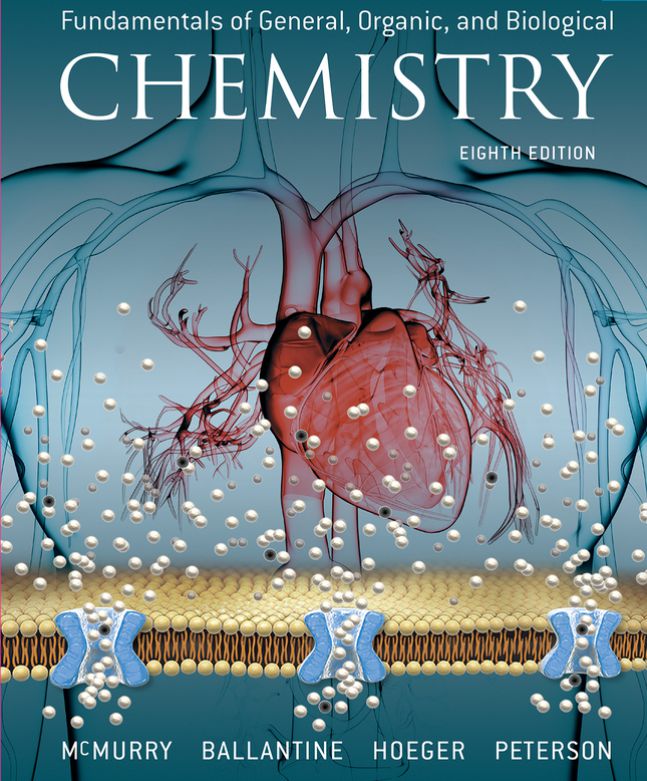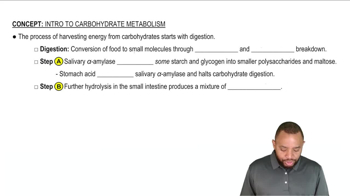What causes acetone to be present in the breath of someone with uncontrolled diabetes?

Consuming too many carbohydrates causes deposition of fats in adipose tissue. How does this happen?
 Verified step by step guidance
Verified step by step guidance
Verified video answer for a similar problem:
Key Concepts
Carbohydrate Metabolism

Lipogenesis
Adipose Tissue Function

Name the starting material for fatty acid synthesis.
How many rounds of the lipogenesis cycle are needed to synthesize stearic acid, C17H35COOH?
Why are extra calories consumed as carbohydrates stored as fat and not as glycogen?
Lipoproteins that transport lipids from the diet are described as exogenous. Those that transport lipids produced in metabolic pathways are described as endogenous. Which of the following lipoproteins transports exogenous lipids and which transports endogenous lipids?
a. Low-density lipoprotein (LDL)
b. Chylomicrons
High blood-cholesterol levels are dangerous because of their correlation with atherosclerosis and consequent heart attacks and strokes. Is it possible to eliminate all cholesterol from the bloodstream by having a diet that includes no cholesterol? Is it desirable to have no cholesterol at all in your body? Explain your answer.
